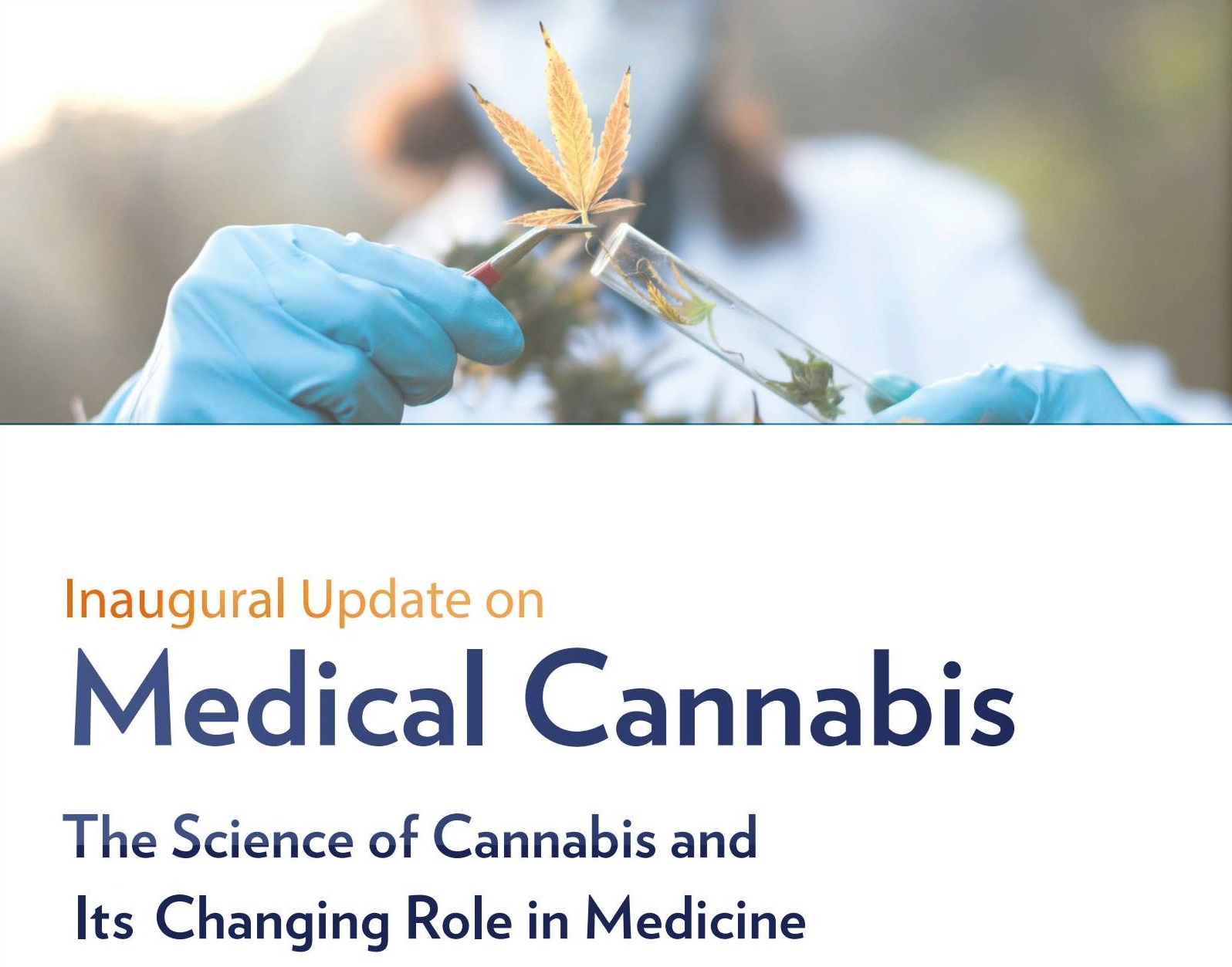October 5, 2018
by Tina Arnoldi
 The Medical University of South Carolina (MUSC) recently hosted its Inaugural Update on Medical Cannabis. Faculty and researchers shared their findings about medical cannabis and why they support it to treat chronic conditions. One reason professionals advocate for medical cannabis is due to the abuse of opioids. When Dr Mark Hammond with MUSC, spoke about the risks and benefits of cannabis, he noted “an important issue is how to tackle the opioid epidemic.”
The Medical University of South Carolina (MUSC) recently hosted its Inaugural Update on Medical Cannabis. Faculty and researchers shared their findings about medical cannabis and why they support it to treat chronic conditions. One reason professionals advocate for medical cannabis is due to the abuse of opioids. When Dr Mark Hammond with MUSC, spoke about the risks and benefits of cannabis, he noted “an important issue is how to tackle the opioid epidemic.”
Judy Ghanem with Compassionate South Carolina, a nonprofit advocating for patients’ rights, has also referenced the serious problem with overdoses from opioids. Ghanem argues for medical marijuana in unadulterated form as a more rational treatment option that should be available to medical professionals in the state. “Patients, not unlike my son Alex who passed away just one year ago, would have a better chance of survival."
Dr. Jonathan Halford, a professor of neurology with MUSC, shared his discoveries on the possibilities of treating serious conditions, like epilepsy and schizophrenia, with cannabinoidol (CBD) and believes that it “does not seem to have much abuse potential.” This limited abuse potential and viability as a treatment option to stop the onset of a seizure indicates this is a use case to continue exploring.
Dr Christopher Pelic, with the Institute of Psychiatry at MUSC, also agrees that the risk of dependency is not as significant as other drugs. “About 9% of marijuana users become dependent” said Pelic, which is also the same amount of people who are addicted to caffeine. In medical marijuana states, there are fewer pills prescribed, especially for pain, which is a consideration for providers and patients because of the potential addictive nature of painkillers.
Unfortunately, there are a lot of limitations in terms of what researchers can do while cannabis is classified as a Schedule 1 drug. Substitutes do not have the same benefit. Patients treated with a synthetic like marinol miss the medicinal properties in the cannabis plant, which has more than one hundred cannabinoids. Although there are myths about the benefits of cannabis, there is enough research to date to support the use of it for some conditions.
Some of the strongest benefits are seen with childhood epilepsy. Epidiolex is one cannabinoid product recently approved by FDA "for the treatment of seizures associated with two rare and severe forms of epilepsy, Lennox-Gastaut syndrome and Dravet syndrome, in patients two years of age and older." Since Epidiolex is no longer classified as a Schedule I drug, this is good news for the medical community and the 50 million people affected with epilepsy worldwide.
Medical cannabis is already approved by states for dozens of medical conditions, with evidence for neuropathic pain, spasticity seen in multiple sclerosis (MS), and as an anticonvulsant. Although many studies are short-term and have small populations, with outcomes showing modest improvement, there is enough research to indicate further studies can alleviate symptoms for patients with chronic conditions. And this market will only continue to grow, potentially reaching 14.29 billion dollars by 2022 with the adoption of marijuana in the medical community prompting this growth.
In the meantime, Compassionate South Carolina continues to educate the public on the potential benefits of medical use as well as educating patients and caregivers on how to speak with their legislators in order to pass the Compassionate Care Act. Ghanem, State Director of Outreach along with CSC Regional Directors of Outreach, work tirelessly for this cause, hosting educational symposiums throughout the state, and bringing legislators, patients and medical professionals together. Ghanem was "encouraged to see an established medical university host a conference on medical cannabis and hopes to see the discussion continue."
Tina Arnoldi, MA is a marketing consultant and freelance writer in Charleston SC. Learn more about her and connect at TinaArnoldi.com